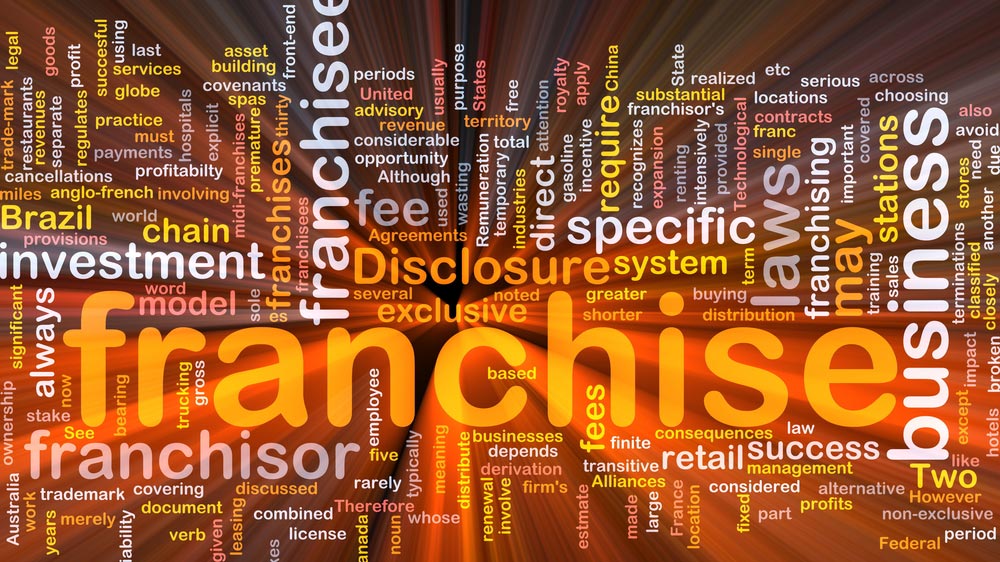You must include the franchise fee in your initial costs. However, in contrast to other costs, you cannot write off a higher portion of it during the first year that your business is open. Instead, the franchise price must be spread out over 15 years or the length of the contract. This fee typically includes the price of your initial training, materials, and the expense of giving you access to the distinctive products or services associated with the firm.
Unless otherwise specified in your contract, you pay the franchise fee all at once. The franchise is listed as an intangible non-current asset on your balance sheet. You debit the franchise fee and credit the cash in your accounts in the identical amount when you report the initial franchise fee buy cost. While registering the franchise as an intangible asset, there are a few important considerations that one should be aware of. These consist of:
- A franchisee cannot record a franchise asset if it makes recurring payments to the franchisor. However, if the franchisee is required to pay a flat sum of money upfront in order to acquire the franchise rights, the franchisee may record a franchise asset in its books.
- The franchise is only amortized if the business registers it as an asset. Its rate is computed by dividing the intangible asset’s initial cost by the number of years it will be useful. The franchisee records an extent of the same rate each year and subtracts the asset’s worth according to its amortization rate.
- Only if the license term is slated to expire after the balance sheet’s date may a franchise include the licensed asset in its balance sheet.
Management of the Intangible Account
When recording the franchise in the company books, the franchisees employ a variety of accounts. Franchise royalties, goodwill, and franchise fee expense are some of these many accounts. The charges you incur or the money you invest to pay the franchisor for using his name, his business model, and his materials and equipment are now referred to as franchise fee expenses. The annual cost you pay to the franchisor to continue using his name is covered by franchise loyalty. Last but not least, goodwill is the excess of the cost of starting a business over the value of all its assets.
Reporting of the Franchise Amounts
You must first ascertain the value of each asset that has been recorded in your books in order to assess the goodwill’s value. You must add up this sum and subtract it from the total amount you have paid the franchisor in the subsequent step. The overall goodwill amount is calculated using this discrepancy. This sum is once more an intangible asset that the business owner keeps on file until he thinks it no longer has the same value. When a company lowers the value of goodwill in its books, the condition is referred to as impairment.
The royalties, commitments, and goodwill are listed as intangible current assets for the franchisee. So it follows that a franchise is an obvious example of an intangible asset.
Liked what you read? Follow us on Linkedin.
Want your franchise news to be covered? Send your Press Release.




